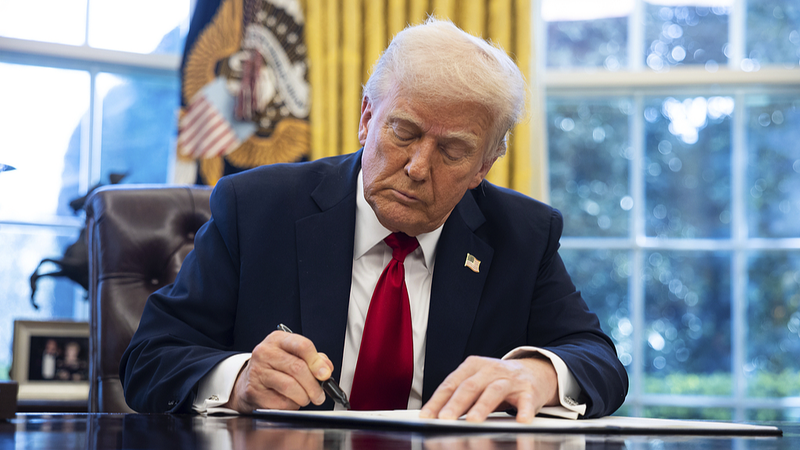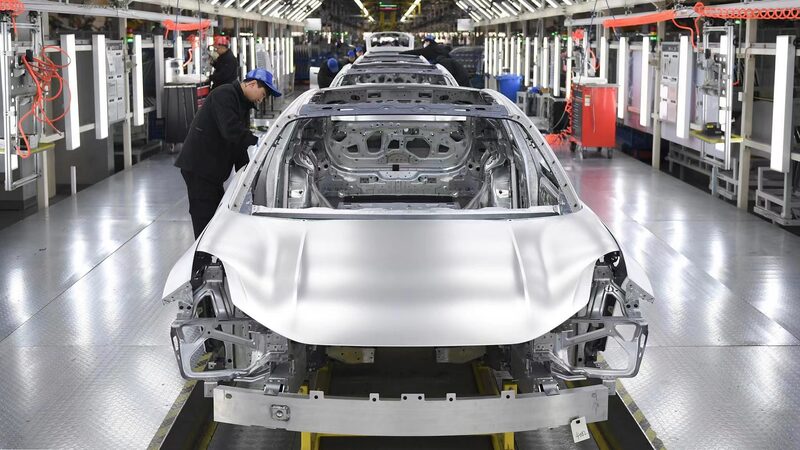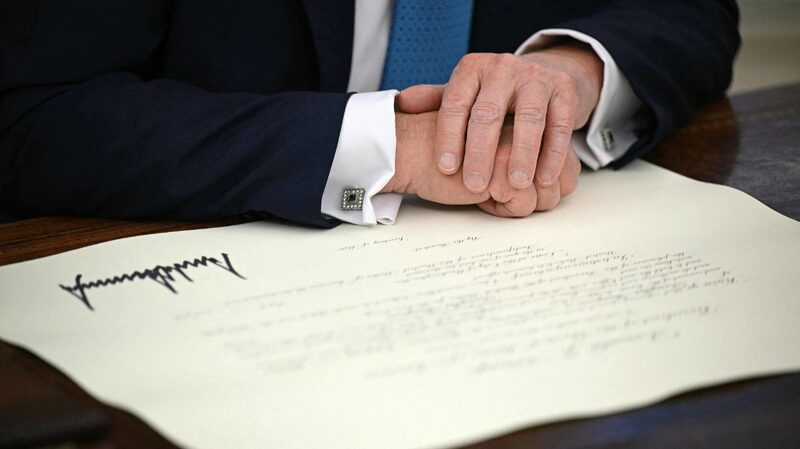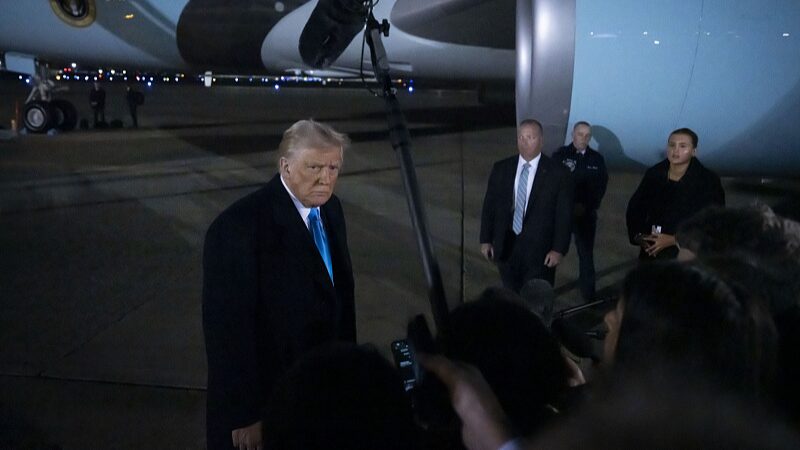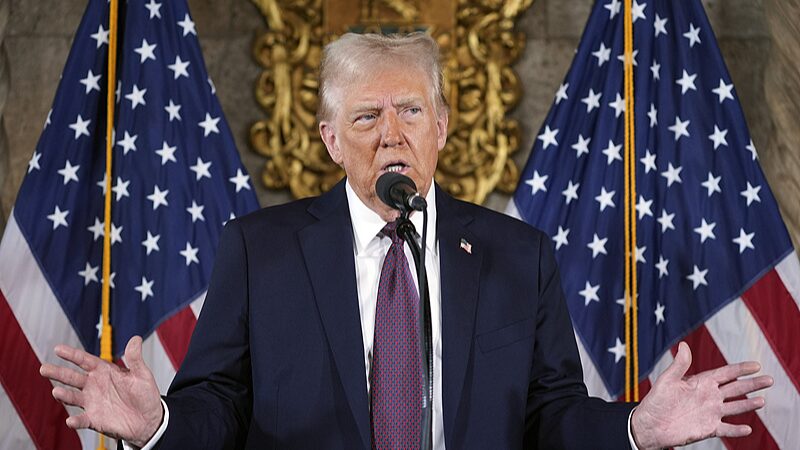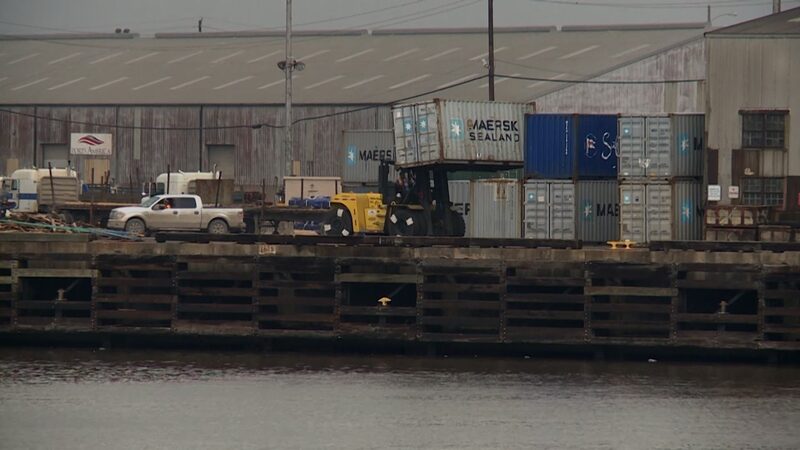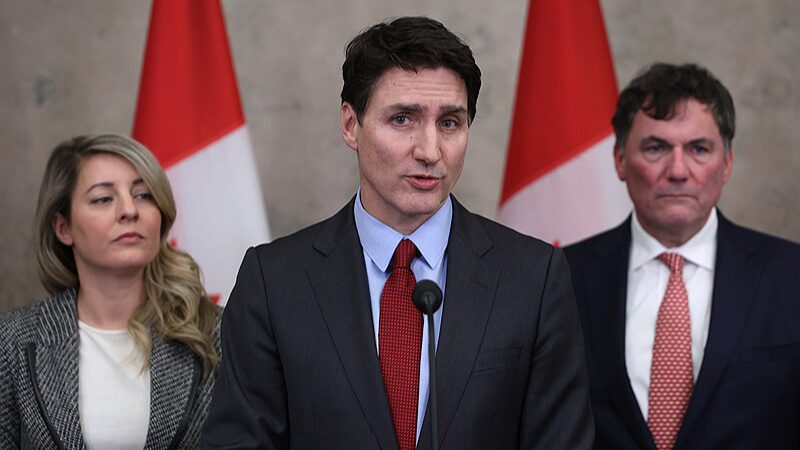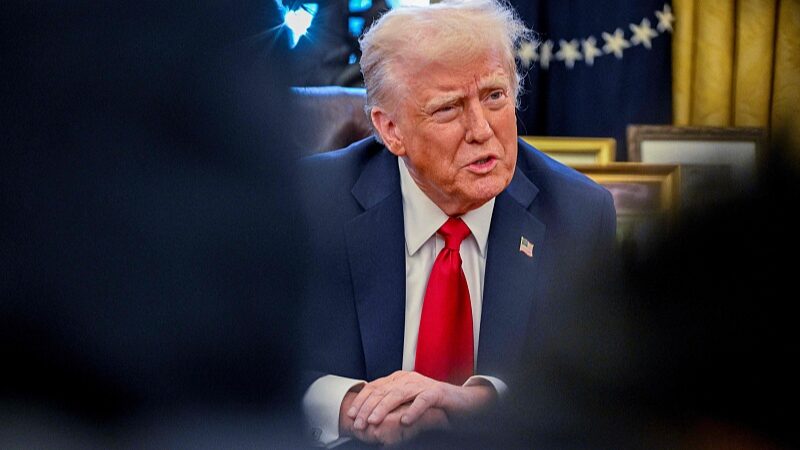President Donald Trump's sweeping executive order imposing a 25% tariff on imported vehicles and select auto parts, effective April 2, has rattled global markets and strained diplomatic relations. The policy, which Trump claims will generate $100 billion annually for the US, risks escalating trade disputes with key allies like Canada and the European Union.
Analysts warn the tariffs could disrupt cross-border supply chains critical to the auto industry, raising costs for manufacturers and consumers alike. EU Trade Commissioner Valdis Dombrovskis called the move "economically damaging" and vowed to challenge it at the WTO, while Canadian officials hinted at retaliatory measures.
The decision comes amid growing concerns over protectionist policies reshaping global trade dynamics. Asian automakers with US manufacturing footprints appear cautiously optimistic, though industry leaders stress prolonged uncertainty could dampen investment in emerging markets.
As stock markets reacted with volatility, business coalitions urged governments to prioritize multilateral negotiations. The tariffs underscore deepening challenges in balancing domestic industrial priorities with international economic cooperation.
Reference(s):
Trump's order on imposing 25% tariffs on imported cars sparks fury
cgtn.com
